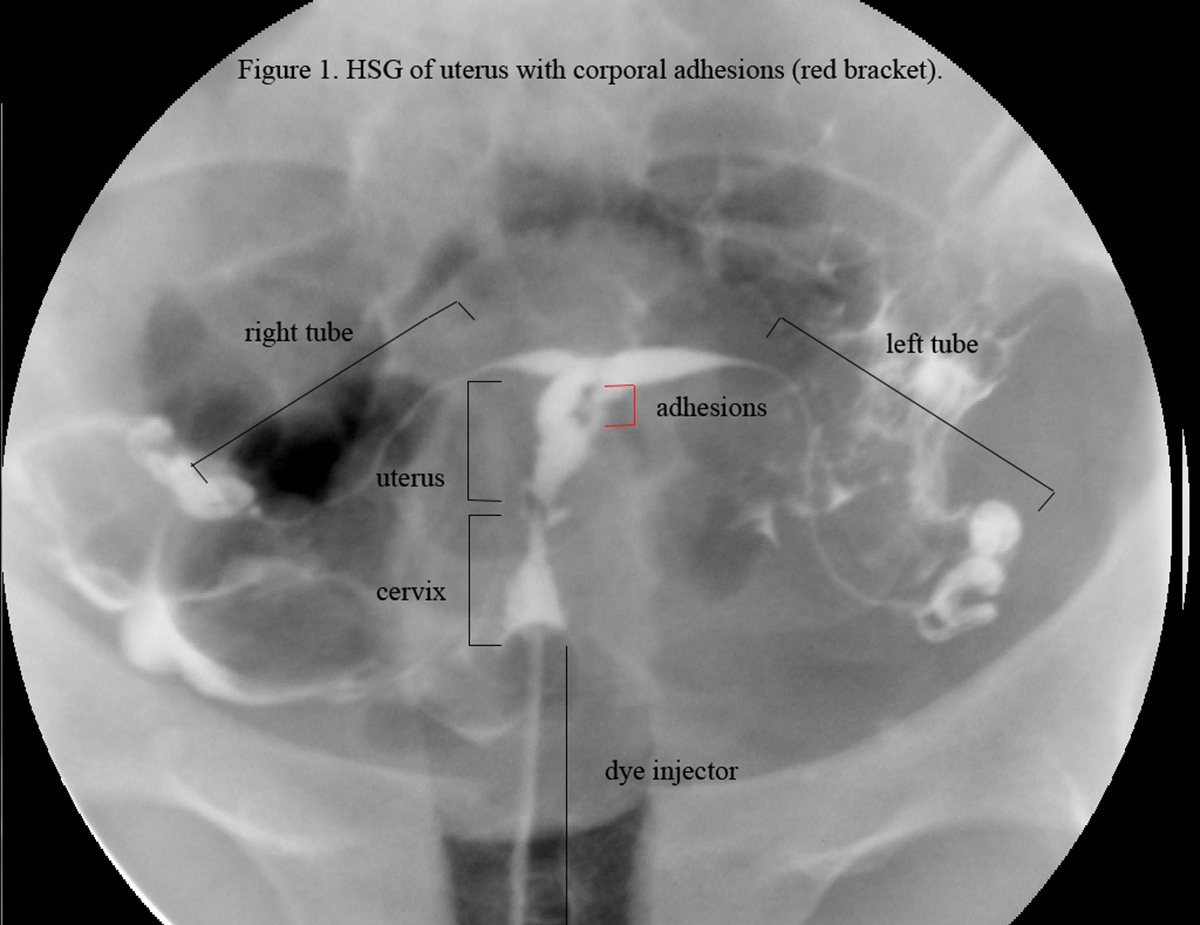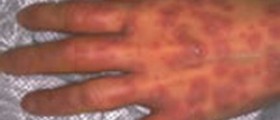
What is Behcet’s Syndrome?
Behcet’s syndrome is a chronic type of inflammatory chronicdisorder which affects multiple systems in the human body and is commonlycharacterized by relapsing sorts of genital and oral ulceration, and in mostcases also iridocyclytis. The causes of this medical condition are largelyunknown, but most cases are associated with thrombotic complications anddifferent sorts of vasculitic changes whose origin may be traced to certainautoimmune factors. Behcet’s syndrome often occurs during the period in which aperson starts planning a family and gets pregnant. This is why one must befully aware of all the symptoms of the disease, all possible problems andcomplications and also all types of treatment methods available both during andafter the pregnancy. So far, Behcet’s syndrome did not ever affect thefertility of a woman, but in some cases it may affect the sperm quality of menwho suffer from this medical condition. Good news is that Behcet’s syndromeusually does not have any harmful effects on the baby or the mother duringpregnancy. Some cases have seen the condition improving during the pregnancy,but there are no safe predictions for the course of Behcet’s syndrome duringthe pregnancy or after the pregnancy. Pregnancy always needs to be carefullyplanned and that involves discussing it with a specialist. Some treatments forBehcet’s syndrome may need to be changed during the pregnancy. The risk ofspina bifida can be reduced by taking folic acid in the form of a supplementthree months prior to the conception.
Pregnancy Effect on Behcet’s Syndrome
It is a widely known fact that pregnancy triggers certainchanges in the levels of hormones and the way the immune systems functioninside the body. As they act in order to nurture and protect the growing baby,they tend to affect the course of the Behcet’s syndrome. In most cases, themedical condition gets significantly improved during the pregnancy and theremission often continues long after the birth of the child. On the other hand,there are also rarer cases in which Behcet’s syndrome gets significantly worseduring the pregnancy and leads to the development of rather painful ulcerationsof the genitals and the mouth. Some cases have also included inflammatoryconditions of the eyes and larger joints in the body, often persisting longafter the birth of the child. These cases are often associated with a Caesareansection during the delivery of the baby. After the birth, some women mayexperience severe inflammatory reactions around the site of the Caesareansection wound. This phenomenon is medicinally referred to as pathergy and isinduced by increased activity of the white blood cells. As already explained,Behcet’s syndrome usually does not have any detrimental effects on thepregnancy, but it is still associated with an increased risk of miscarriage. Itmay also induce gestational diabetes during the pregnancy, but one should notworry that much because it commonly resolves on its own once the pregnancyperiod is over. Behcet’s syndrome is responsible for increased Caesareansection rates as well. Behcet’s syndrome may also induce a higher risk of bloodclots in the veins and the arteries. This may be dangerous as it may lead tocertain further medical complications such as deep vein thrombosis, Budd Chiarisyndrome and cerebral venous thrombosis. This is why heparin injections and bloodthinning agents sometimes must be used in pregnant women. Only in rare casesdoes Behcet’s syndrome get transferred from the mother to the baby by means ofplacenta.
Safe and Unsafe Treatments of Behcet’s Syndrome during Pregnancy
There are a large number of medications which are commonlyused for the treatment of Behcet’s syndrome which are also completely safe touse even during the pregnancy. These medicaments include aziothioprine,tacrolimus, Cyclosporine and prednisolone. Even though they are safe, some ofthem may be held responsible for the onset of the aforementioned gestationaltype of diabetes during the pregnancy. Colchicine has also recently been addedto the list of medicaments safe for the treatment of Behcet’s syndrome evenduring the pregnancy. There are also certain types of anti inflammatoryantibodies such as etanercept or infliximab which are deemed completely safefor use. One also needs to be well informed about all unsafe treatments forBehcet’s syndrome which need to be avoided during the pregnancy. Thalidomide isa highly effective medicament for the treatment of ulcerations commonlyassociated with Behcet’s syndrome but it should not be used during thepregnancy because it may be held responsible for certain congenitalabnormalities which may result it short or completely absent limbs. Anothermedicament which needs to be avoided because it may cause fetal malformationsis called mycophenolate mofetil. Other drugs which also need to be avoided forthe same dreadful reasons include cyclophosphamide and chlorambucil.

















Your thoughts on this
Loading...